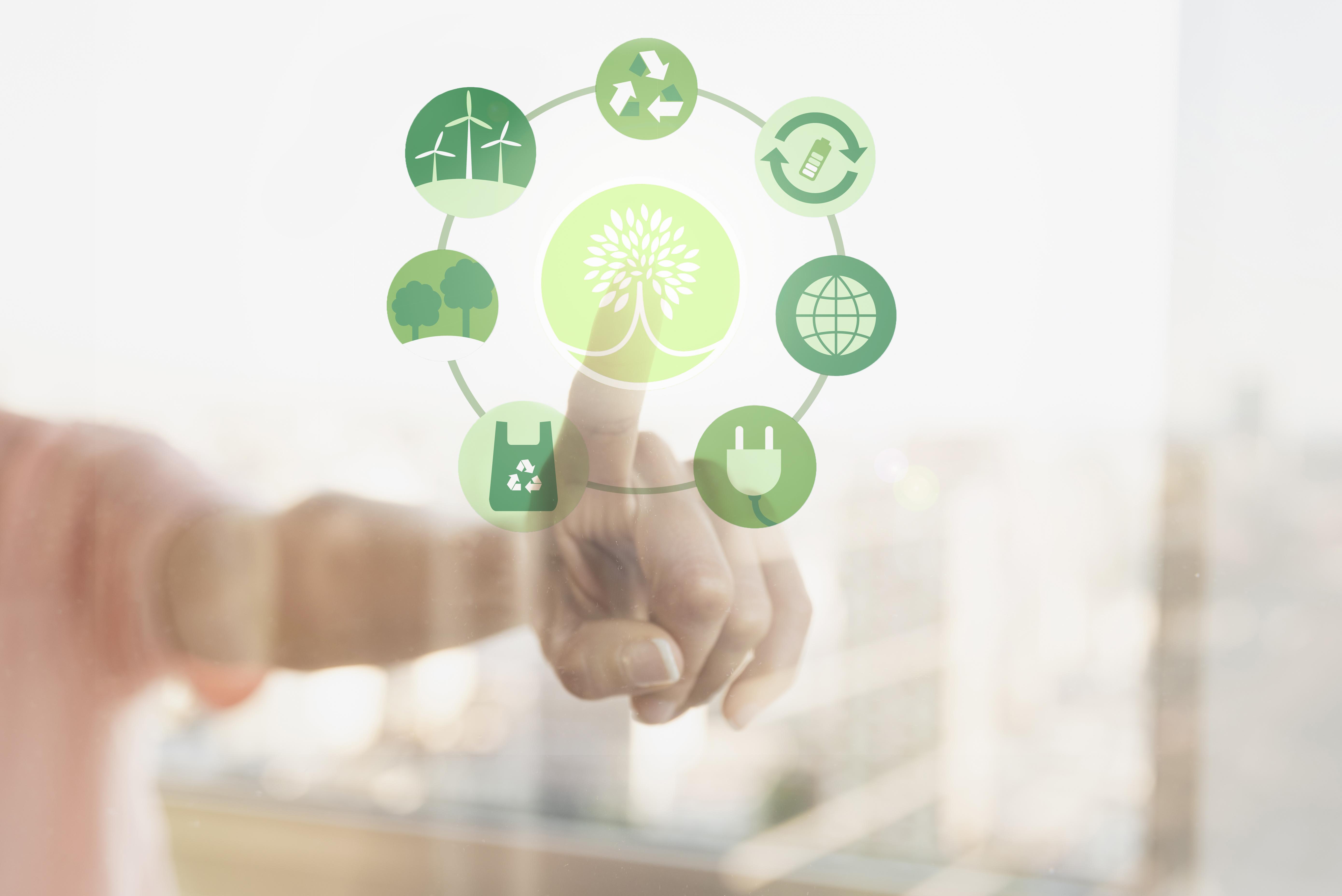27 June 2023 |
Keys to Sustainability in the New Economy
Like digitalisation, the other major foundation of the New Economy is sustainability. Nowadays, it is impossible to conceive a business or try to compete in a certain market without considering the implications and the environmental impact. In the New Economy, sustainability becomes a key factor in business and consumer decision-making.
How is sustainability being integrated into the New Economy?
- Production: Companies are adopting more sustainable production practices to reduce their environmental footprint. This means adopting cleaner and more efficient technologies, using sustainable materials, reducing waste, and improving energy efficiency.
- Circular economy: Based on maximizing the value and utility of resources and minimizing waste. This means reducing the amount of materials used in production, encouraging the reuse and recycling of products, and promoting durability and repair.
- Renewable energy: Businesses and consumers are increasingly turning to more sustainable energy sources, such as solar, wind and hydroelectric power. They have a much lower environmental impact and are a more sustainable alternative to fossil fuels.
- Sustainable Transport: The transport is one of the main causes of greenhouse gas emissions, so the adoption of sustainable transport solutions is becoming increasingly important. This includes the use of electric vehicles, electric bicycles, and efficient public transport.
- Corporate Social Responsibility: companies are taking greater social responsibility, promoting sustainable and ethical practices in their operations and supply chain. This includes the promotion of fair wages, respect for human rights, and the adoption of sustainable practices in the production and distribution of products.
6. Alliances. In order to meet environmental challenges, it is essential to establish alliances and partnerships with other companies. In this regard, public-private partnerships can be an essential factor in creating solid and efficient pioneering projects and solutions.


